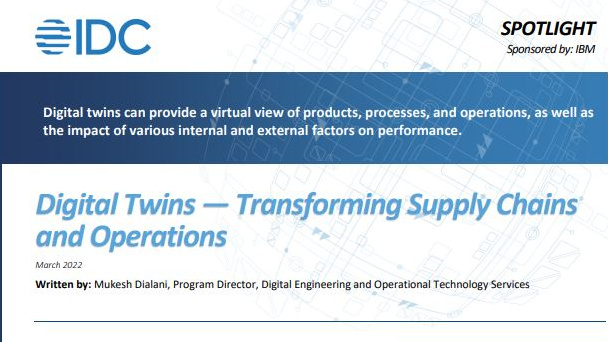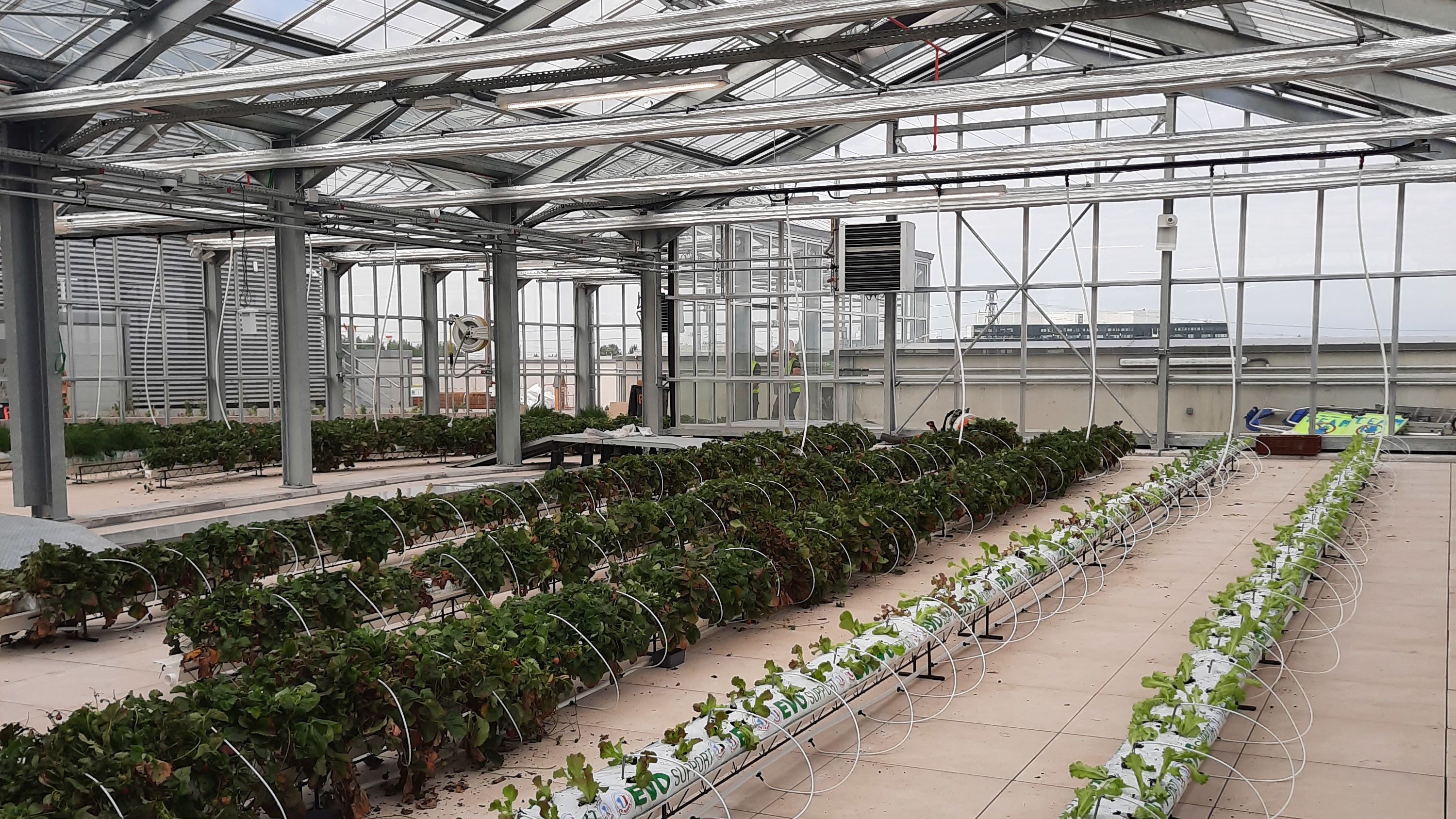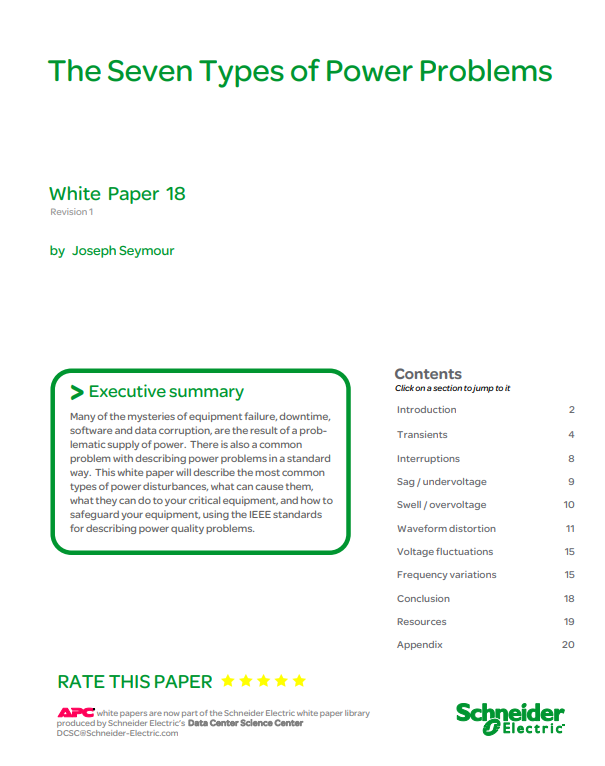Businesses in these areas will be the first to benefit from gov's gigabit broadband scheme
More than a million hard-to-reach premises in Cornwall, Essex and Tees Valley among those to benefit from the first phase of the programme


Sign up today and you will receive a free copy of our Future Focus 2025 report - the leading guidance on AI, cybersecurity and other IT challenges as per 700+ senior executives
You are now subscribed
Your newsletter sign-up was successful
Hundreds of thousands of homes and businesses in remote and rural parts of England will benefit from the first phase of the £5 billion ‘Project Gigabit’ infrastructure programme.
Thousands of premises across Cambridgeshire, Cornwall, Cumbria, Dorset, Durham, Essex, Northumberland, South Tyneside, and Tees Valley will be first to benefit from gigabit download speeds, measured at 1,000 Mbps, under the scheme.
Contracts for these areas will be put to tender during spring, with procurement for homes and businesses in Norfolk, Shropshire, Suffolk, Worcestershire, Hampshire, and the Isle of Wight set to follow in June.
Infrastructure work for the scheme will then begin in the first half of 2022.
‘Project Gigabit’ is the government’s response to a public consultation planning for gigabit delivery, which sought views on how to spend £5 billion to bring gigabit connections to rural and remote parts of the UK. The scheme will service more than a million homes and businesses in total. Only £1.2 billion of this money is being made available up to 2024, however, according to BBC News.
The funding package also includes £210 million in vouchers to cover the cost of installation for those struggling with slow speeds, with £1,500 available for residents and up to £3,500 for businesses. Applications for funding will go live on 8 April 2021.
This is in addition to £110 million to connect public sector buildings such as schools, GP surgeries, and libraries to gigabit broadband, spanning 7,000 rural premises in total.
Sign up today and you will receive a free copy of our Future Focus 2025 report - the leading guidance on AI, cybersecurity and other IT challenges as per 700+ senior executives
“We have already made rapid progress, with almost 40% of homes and businesses now able to access next-generation gigabit speeds, compared to just 9% in 2019,” said the digital secretary, Oliver Dowden. “Now we are setting out our plans to invest £5 billion in remote and rural areas so that no one is left behind by the connectivity revolution.”
RELATED RESOURCE

Modern networking for the borderless enterprise
Five ways top organisations are optimising networking at the edge
The government announced the scheme only a day after the industry regulator Ofcom revealed a set of measures to encourage the likes of BT subsidiary Openreach to press on with its own gigabit infrastructure projects.
Specifically, Ofcom ruled that it wouldn’t impose pricing caps on Openreach’s fastest services to allow the company to better fund its full-fibre rollout. This was welcomed by Internet Service Providers (ISPs) and the wider industry, although it could mean businesses face a surge in pricing for access to the fastest download speeds.
The combined efforts of the government and major industry players feed into ambitions to achieve 85% gigabit broadband coverage across the UK by 2025. Boris Johnson had initially set the target at 100%, although this was deemed unrealistic, and was subsequently dropped.
Despite the various measures and schemes at play, however, the Public Accounts Committee of cross-party MPs declared in January that even the revised 85% target was no longer feasible due to a “litany” of government failures.

Keumars Afifi-Sabet is a writer and editor that specialises in public sector, cyber security, and cloud computing. He first joined ITPro as a staff writer in April 2018 and eventually became its Features Editor. Although a regular contributor to other tech sites in the past, these days you will find Keumars on LiveScience, where he runs its Technology section.
-
 Why energy efficiency could be key to your business’ success
Why energy efficiency could be key to your business’ successSupported An energy efficient data center setup can help save on bills, but the benefits don’t have to stop there
-
 Digital Twins - Transforming supply chains and operations
Digital Twins - Transforming supply chains and operationsWhitepaper A virtual view of products, processes, and operations, as well as the impact of various factors on performance
-
 UK's EfficiencyIT launches prefabricated data centre offering
UK's EfficiencyIT launches prefabricated data centre offeringNews The company has previously built modular data centres for government and defence customers in 12-16 weeks
-
 Equinix is growing data centre-powered fruit and veg
Equinix is growing data centre-powered fruit and vegNews The data centre company has installed a rooftop farm at one of its sites to make use of excess heat
-
 Princeton Digital Group reveals "wise" $1 billion+ Indonesia data centre investment to service Singapore
Princeton Digital Group reveals "wise" $1 billion+ Indonesia data centre investment to service SingaporeNews The new investment will help customers located in Singapore expand their infrastructure
-
 The seven types of power problems
The seven types of power problemsWhitepaper The most common types of power disturbances and how to safeguard your equipment
-
 Google data centre soaks up a third of Oregon city's water supply
Google data centre soaks up a third of Oregon city's water supplyNews The tech giant has been labelled a "water vampire" after its facility increased water consumption every year since opening for the purposes of cooling
-
 What 5G rollout failures mean for 6G
What 5G rollout failures mean for 6GIn-depth What can network operators and telecoms companies learn from a cocktail of global issues and mistakes when shifting to the next generation of mobile networking?

